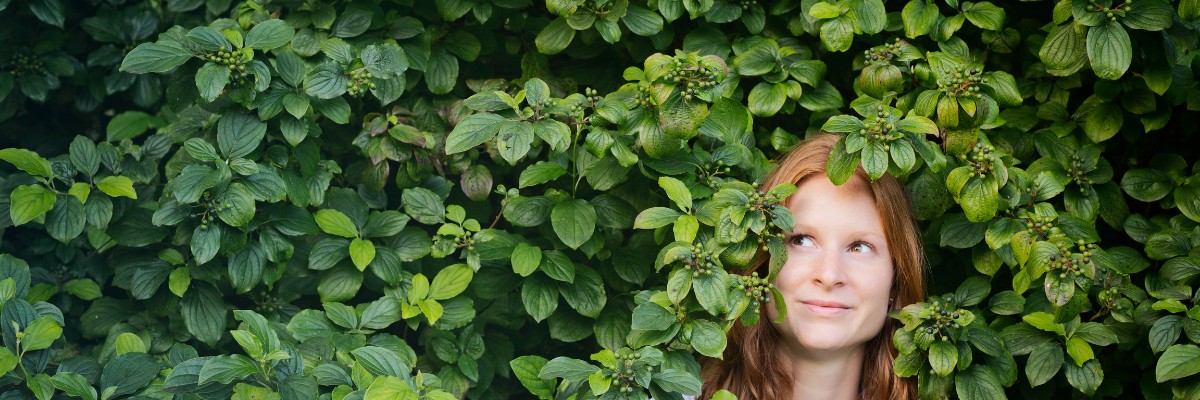Ottawa, the vibrant capital of Canada, is not only known for its stunning architecture and rich cultural heritage but also for its commitment to sustainability. In recent years, the city has undergone a remarkable green revolution, embracing sustainable practices and initiatives aimed at preserving the environment and creating a more eco-friendly future. From innovative green infrastructure projects to community-led sustainability initiatives, Ottawa has become a beacon of sustainable living in the country. This article explores the various aspects of Ottawa’s green revolution and highlights the city’s efforts in fostering a sustainable lifestyle for its residents.
Green Infrastructure and Renewable Energy
Ottawa has made significant strides in developing green infrastructure and promoting the use of renewable energy sources. The city has invested in renewable energy projects, such as solar and wind power, to reduce its carbon footprint and decrease reliance on fossil fuels. Initiatives like the Ottawa Renewable Energy Strategy aim to generate 100% of the city’s electricity from renewable sources by 2050.
In addition, Ottawa has implemented innovative green infrastructure projects to enhance sustainability. The city boasts an extensive network of cycling paths, making it easy for residents to commute by bike, reducing traffic congestion and emissions. The Rideau Canal, a UNESCO World Heritage site, is not only a popular tourist attraction but also a sustainable transportation route for boaters and kayakers, promoting eco-friendly leisure activities.
Waste Management and Recycling Programs
Efficient waste management is a crucial aspect of sustainable living, and Ottawa has taken significant steps to minimize waste and promote recycling. The city has implemented a comprehensive recycling program that includes curbside collection of recyclables, composting, and hazardous waste disposal. Residents are encouraged to separate their waste into recyclables, organics, and landfill materials, with regular education campaigns to raise awareness about proper waste disposal.
To further reduce waste, Ottawa has introduced a pay-as-you-throw system, where residents are charged based on the amount of garbage they produce. This incentive-based approach has proven effective in encouraging individuals to minimize waste generation and divert recyclable materials from landfills.
Urban Agriculture and Food Security
Ottawa has embraced urban agriculture as a means of promoting local food production, enhancing food security, and reducing the carbon footprint associated with long-distance transportation of produce. The city has established community gardens, rooftop gardens, and urban farming initiatives, providing opportunities for residents to grow their own food in urban spaces.
Moreover, Ottawa hosts several farmers’ markets throughout the year, showcasing locally produced fruits, vegetables, and other food products. These markets not only support local farmers but also foster a sense of community and promote sustainable consumption habits.
Community Engagement and Education
Community engagement and education are vital components of Ottawa’s green revolution. The city actively involves residents in sustainability initiatives through programs, workshops, and events focused on environmental conservation, energy efficiency, and sustainable living practices. These initiatives empower individuals to make informed choices and take an active role in creating a greener future.
Ottawa’s educational institutions also play a significant role in promoting sustainability. Several universities and colleges in the city offer programs and courses dedicated to environmental studies, sustainable development, and renewable energy. This academic focus helps cultivate a culture of sustainability and equips students with the knowledge and skills to address environmental challenges.
Conclusion
Ottawa’s green revolution is a testament to the city’s commitment to sustainable living and environmental stewardship. Through its innovative green infrastructure, waste management programs, urban agriculture initiatives, and community engagement efforts, Ottawa has set an example for other cities around the world. By prioritizing sustainability, Ottawa aims to create a cleaner, healthier, and more livable environment for its residents while inspiring individuals to embrace sustainable practices in their daily lives. With the city’s ongoing dedication and the active participation of its residents, Ottawa is well on its way to achieving its vision of a greener future.

